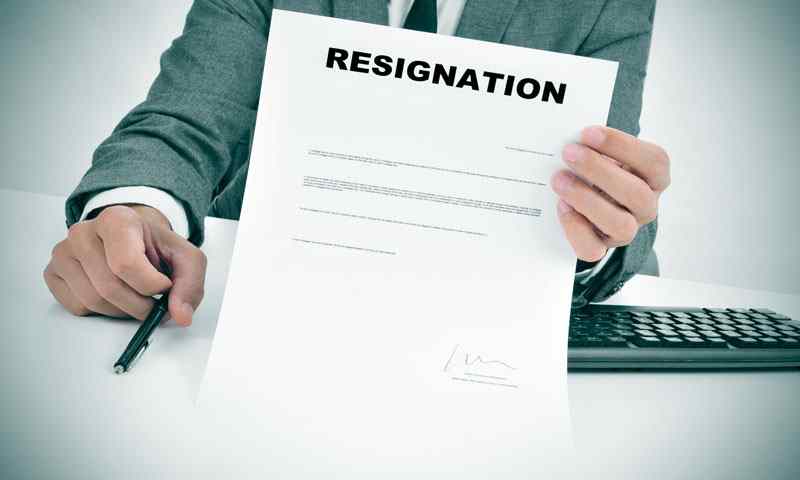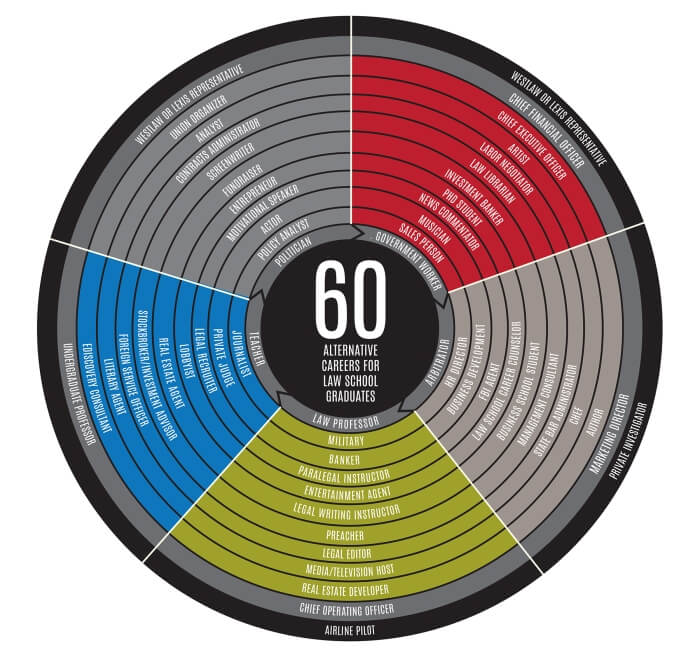
The brief on behalf of Proposition 8 observed, “That same-sex relationships are not recognized as marriages does not reflect a public judgment that individuals in such relationships are ‘inferior’ or ‘of lesser worth as a class … but simply the fact that such relationships do not implicate society’s interest in responsible procreation in the same way that opposite-sex relationships do.”
The supporters of Proposition 8 also submitted that they are entitled to defend Proposition 8, because the state had refused to defend the measure passed through the ballot process and reflecting will of a majority.
When the Supreme Court questioned their locus standi they argued that they had the right “as agents of the people,” given that no one else had come forward to defend the democratically expressed will of a majority.
The supporters said that the definition of marriage should rather be left to the voters rather than to judges and that a ban on same-sex marriage did not automatically mean dishonor to gays and lesbians.
While the Supreme Court is getting ready to hear arguments on the same-sex marriage cases later in the year, both proponents and opponents are putting forward their logic and arguments to influence the outcome on the review of DOMA.
In a separate filing meant to uphold Section 3 of the DOMA, three Republican members of the House of Representatives argued, “Judicially constitutionalizing the issue of same-sex marriage is unwarranted as a matter of sound social and political policy while the American people are so actively engaged in working through this issue for themselves.”
In U.S. v. Windsor, the case before the Supreme Court for reviewing the DOMA, Section 3 is sought to be invalidated on the grounds that the definition of marriage deprives legally married same-sex couples from the same federal benefits as married heterosexual couples.
The same-sex marriage cases before the Supreme Court are Hollingsworth v. Perry, U.S. Supreme Court, No. 12-144; and U.S. v. Windsor, U.S. Supreme Court, No. 12-307.












































